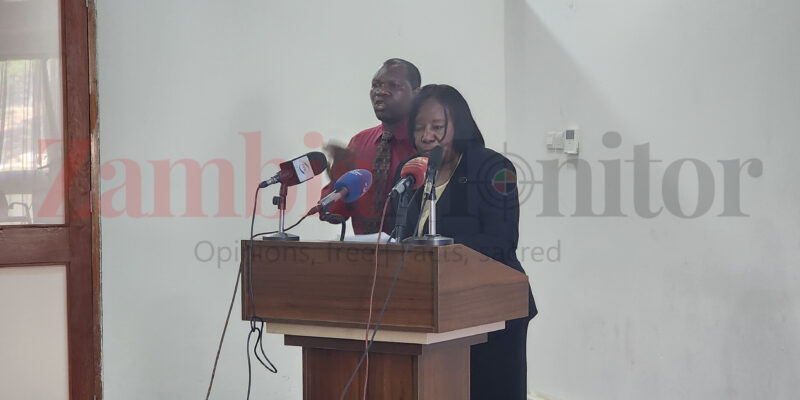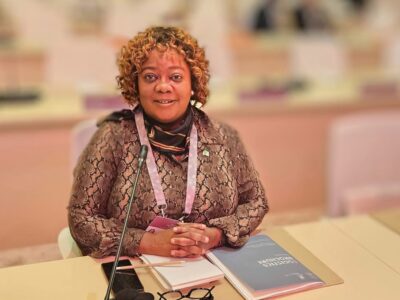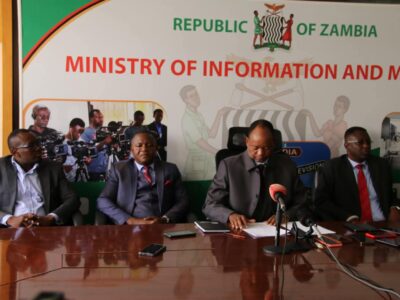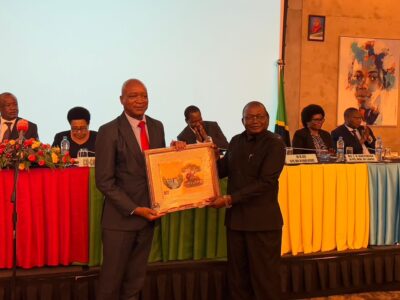The Electoral Commission of Zambia (ECZ) has expressed concerns regarding the public’s interpretation of Article 52 of the Zambian Constitution, which outlines key elements of the electoral process.
The article governs issues such as eligibility, nominations, and the broader regulatory framework that oversees the conduct of elections.
Speaking at Mulungushi International Conference Centre in Lusaka on Thursday, ECZ Chairperson, Mwangala Zaloumis, addressed provincial stakeholders during an orientation session and the validation of the desk review report by the Electoral Reform Technical Committee (ERTC).
Read More: Former ECZ electoral officer, Nshindano, calls for reforms, trust in electoral process
Zaloumis noted that many public discussions had zeroed in on specific sub-articles, while neglecting the importance of interpreting the article as a whole.
“The entire article was key to the operation of the commission and the execution of key processes, that are, nominations,” Zaloumis emphasized.
She clarified that the commission’s cancellation of the Kayo ward by-election in Mwansabombwe district on January 12, 2024, followed constitutional requirements.
The by-election was halted following the resignation of a candidate from the Citizen First Party after the commission had completed its nomination process and was preparing to hold the election.
“The cancellation of the ward by-election was triggered by the resignation of a candidate of the Citizen First Party,” she explained.
Zaloumis noted that the commission had followed Article 52 in making the decision and that public confusion surrounding the matter was due to misinterpretations of the article’s provisions.
She urged the Electoral Reform Technical Committee to address inconsistencies within the article and propose revisions that could strengthen Zambia’s democratic electoral framework.
“The inconsistencies in Article 52 need to be addressed, and we urge the committee to recommend changes that would improve our democratic system,” she added.
In the same meeting, the ECZ confirmed the appointment of former Chilubi Member of Parliament, Rabbison Chongo, as the new chairperson of the Electoral Reform Technical Committee.
Zaloumis explained that the committee, launched on July 19, 2024, had undertaken a comprehensive desk review of current electoral laws and processes to identify areas requiring modernization.
“The review involved an in-depth examination of the existing legal framework governing elections, with the aim of identifying areas that require revision, enhancement, or modernization to better serve the democratic needs of our country,” Zaloumis stated.
The ECZ reaffirmed its commitment to working with stakeholders to ensure that Zambia’s electoral laws were transparent, efficient and aligned with democratic principles.
WARNING! All rights reserved. This material, and other digital content on this website, may not be reproduced, published, broadcast, rewritten or redistributed in whole or in part without prior express permission from ZAMBIA MONITOR.












Comments